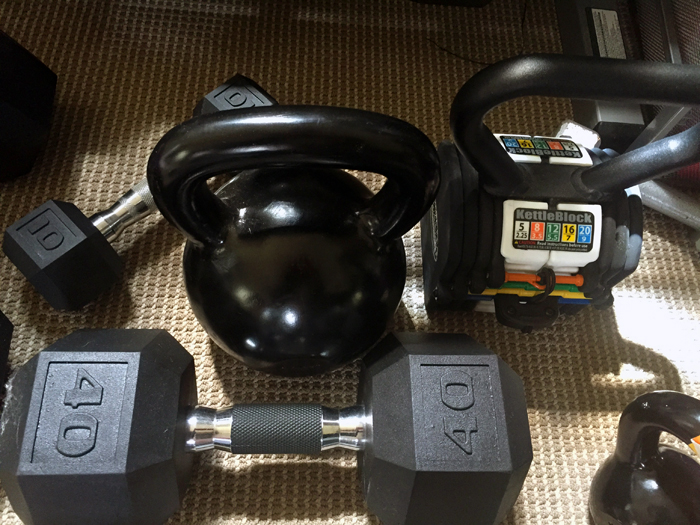How to Effectively Communicate With Your Audience

Strong communicators are able to build a genuine rapport and connect with their audience. They possess a winning combination of dispensing information and inspiring others to take the next step forward. Though it may appear natural and effortless, hours of strategy and preparation happen beforehand.
They Open Strong
A seasoned speaker understands the impact of the first few moments on stage. They greet their audience with confidence and move into an engaging opening statement or question. You won’t observe nervous tension, throat clearing or fidgeting. They’ve taken their deep breaths, hydrated appropriately, rehearsed in advance and are ready to shine. Pauses are intentional, movements are confident, and they know how to put their audience at ease.
They Give People What They Want
An effective communicator delivers a message that resonates by providing people with new and helpful information. Specifically, they avoid a cookie-cutter speech. They take each audience into consideration before crafting their message.
They Pick up on Body Language
A strong communicator knows how to read their audience. They use their experience to adjust their message if the audience appears bored or not involved. Facial expressions, fidgeting and looking around for the nearest exit are cues you are losing the attention of the participants.
They Come Across as Genuine
People are in attendance to hear what the presenter has to say. They are not expecting a second rate version of someone else. Strong points are backed up with authority, specific examples and personal stories. An effective communicator knows how to read and connect with their audience.
They Keep Their Message Brief
The ultimate purpose of any presentation is to make an impact. There are different theories on how long a person‘s attention span lasts. If your portion is going to be longer than 20 to 30 minutes, consider using some physical activity to keep people interested and tuned in. This could be in the form of questions, a short exercise or even a break. Don’t force your speech to go longer than it should because you are trying to fill a particular time slot. Make sure your speech is carefully crafted for the period you will be speaking.
They Are Careful Using Humor
Not everyone has a natural ability to make people laugh. Rather than attempting to be a forced comedian, concentrate on coming across as authentic. Unless you are a professional comedian, even the best-rehearsed jokes seldom work to your advantage.
They Get the Audience Involved
Rather than relying on endless powerpoint slides and standing behind a podium reading notes, a good communicator knows how to involve the listener. Follow an outline while adjusting your speech to answer questions. Making direct eye contact and letting your audience know you see and hear them and are interested in their feedback makes everyone in the room feel part of the experience.
They Know How to Roll With the Punches
Inevitably something may go wrong. From tripping on stage to not being able to answer a question, remain authentic. Avoid drama or nervous laughter and own the professional hiccup. “I don’t have an answer for you, but I will find out and make sure and get back with you.” is a better response than making something up that may be incorrect information. People appreciate and respect honesty.
They Are Available to Answer Further Questions
Many speakers leave directly after their speech is over. A good speaker knows that connecting with the audience after their speech is another way to continue to build on a potential relationship.
You may also like 5 Ways to Appear Confident in Your Next Business Meeting. For more of Diane’s etiquette tips, read her posts on Inc., subscribe to her articles on Huff Post, “like” The Protocol School of Texas on Facebook, and follow her on Pinterest, Instagram and Twitter. Buy her new book, Modern Etiquette for a Better Life.





